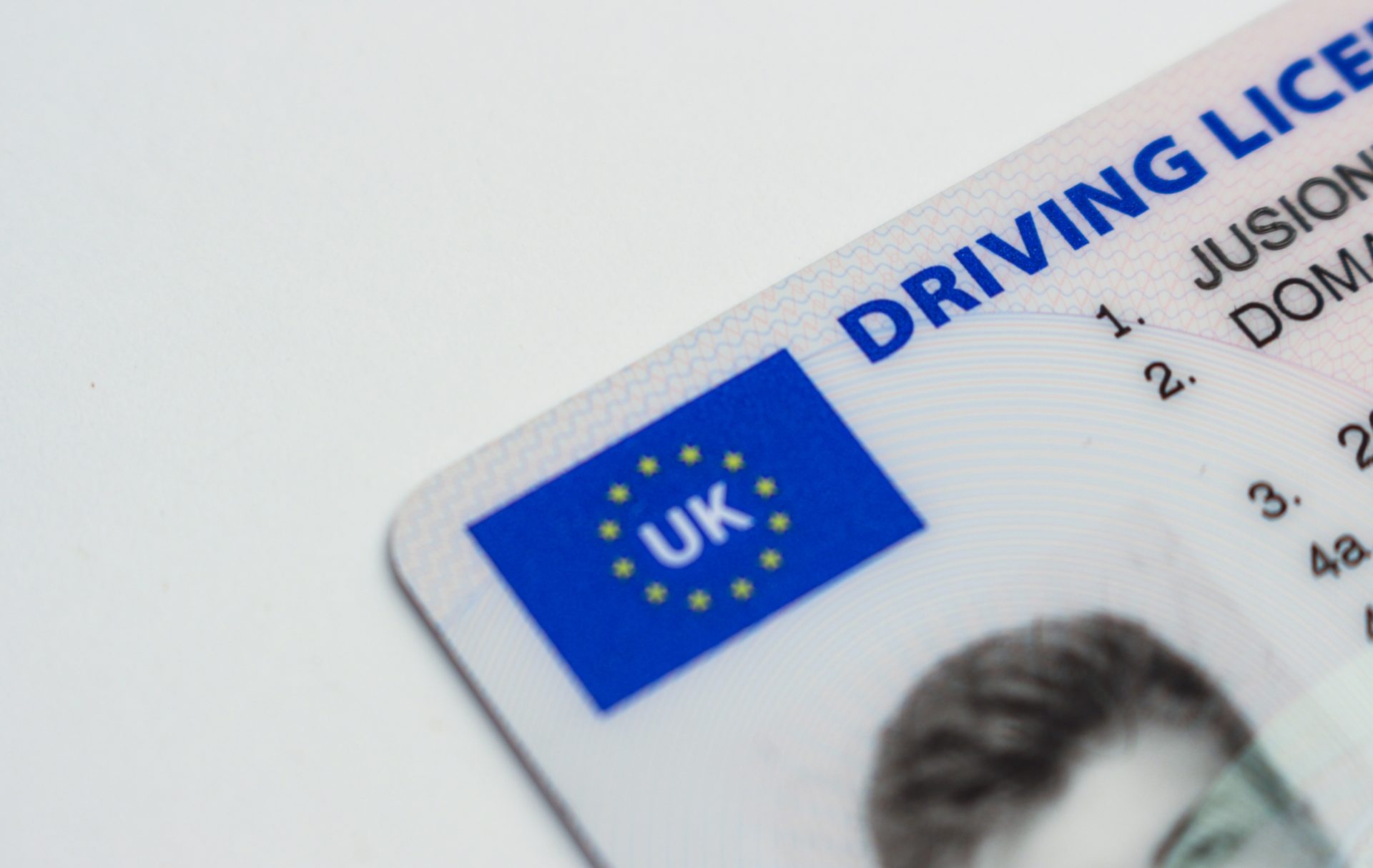As bills advance, many of them are being signed into law. Those with emergency clauses will become effective on signing; others will become effective at dates written into the language of the bill. This quickly moving segment of the legislative session is crucial to monitor what we need to watch now, and what we still have time to stop through other legal actions.
Criminal Justice Reform
A surprising development was the passage of SB 1282 out of the House floor – it now heads to the Governor’s desk. This bill would implement a risk-assessment tool to be used in juvenile sentencing and other legal proceedings. While on the surface, the use of these screening tools might seem to be a good thing, research shows that they often disproportionately harm young people of color, especially Black children, who find themselves facing the criminal legal system at higher rates than their peers. Any tool that has the power to take away someone’s freedom must be examined closely for how it accounts for racial bias, which we know is deeply embedded in the justice system. In debates, Reps. Turner and Bell argued that the measure lacks specificity as many questions remain about how the data is obtained to use this assessment tool, how it can or would be used in court, and who has access to the data. However, despite strong advocacy from criminal justice reform organizations, the bill passed along bipartisan lines. Thankfully, it was vetoed by Governor Stitt as he felt it did not grant enough power to individual judges – a surprising stance, but one that will ultimately benefit troubled youth across the community.
Positive CJR movement did advance, however, with several provisions that will benefit defendants pre- and post-conviction moving forward. HB 4224, providing affirmative defenses for victims of human trafficking, advanced and was signed on Wednesday, April 20. HB 3270, exempting criminal defendants from certain fines and fees if they are enrolled in state or federal assistance, also passed the final stage and was signed into law on April 21. Bills to make expungements more accessible (HB 3024) and to increase accessing to less punitive sentencing models (HB 3135) were both signed into law on April 25.
Voting
HB 3232, which addresses a spurious problem of federal elections vs. state elections, passed the Senate floor and return to the House for amendment. This bill would create two separate elections systems, one state and one federal, with different voting time periods, which would be a burden for much of Oklahoma’s population. Other concerns about the voting process, this time with absentee ballots, passed the Senate floor and returned to the House for amendment (HB 3321).
Public Health
This week of session saw fewer attacks on reproductive autonomy and some positive movement in support of student mental health. SB 1307 requires that student ID cards include information on suicide prevention – thankfully, this was signed into law on April 21.
Of interest
In a troubling new development in attacks on marginalized communities, SB 1100, which limits gender designations on state-issued IDs to Male or Female, passed and was signed into law. While nonbinary individuals constitute a small percentage of the state’s population, their presence in public life has very little effect on the majority of people. Attacks on their rights to be recognized according to their personal identities serve very little purpose other than to further marginalize a vulnerable population and send a clear message that Oklahoma does not tolerate people outside the majority experience – a very dangerous proposition for other minority communities who may not currently find themselves under attack, but who may be under threat at other times.

